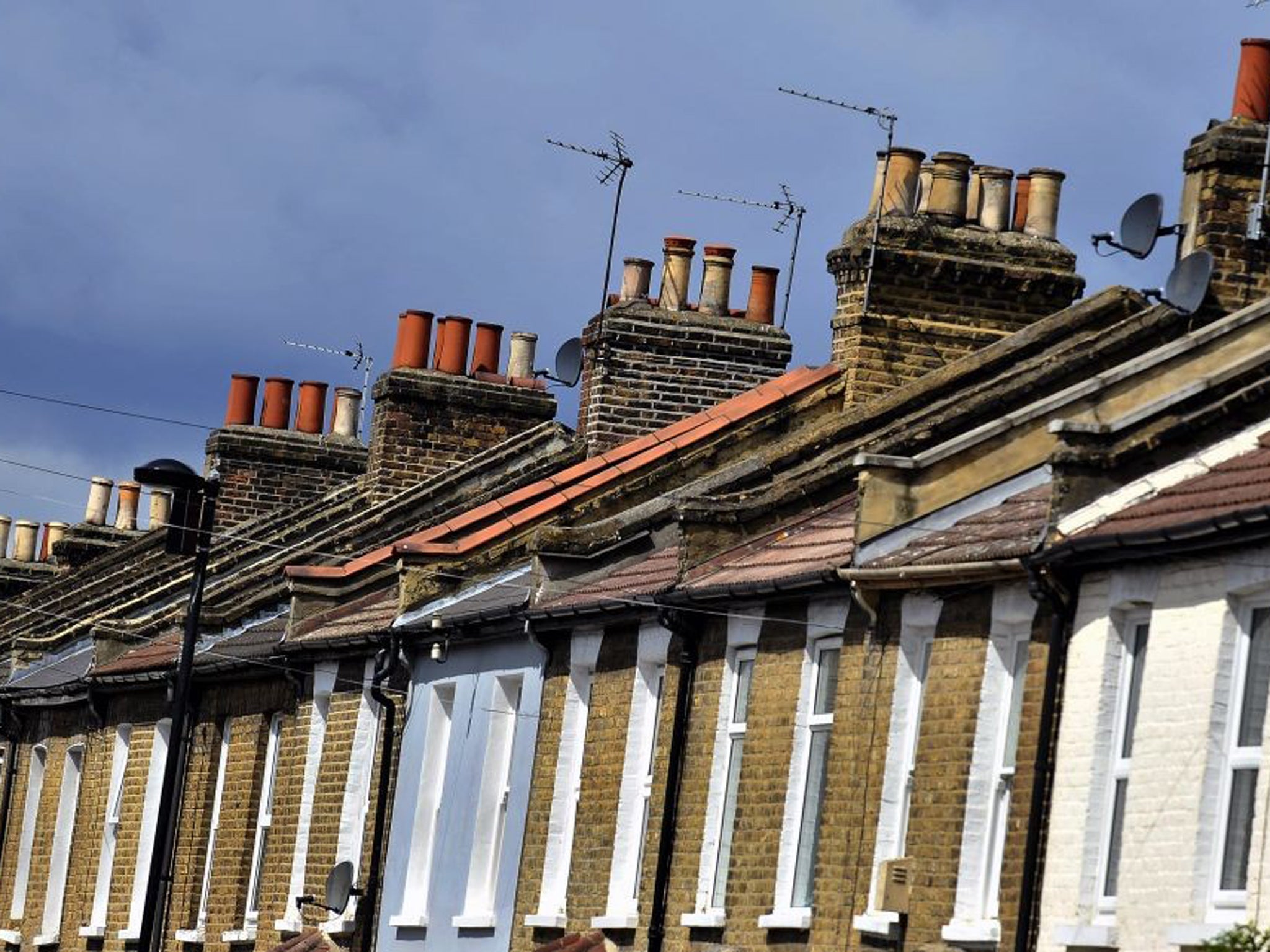Vince Cable urges rethink of George Osborne's flagship 'Help to Buy' scheme
Business Secretary questions whether providing government guarantees for low-deposit mortgages - should go ahead as planned

Your support helps us to tell the story
From reproductive rights to climate change to Big Tech, The Independent is on the ground when the story is developing. Whether it's investigating the financials of Elon Musk's pro-Trump PAC or producing our latest documentary, 'The A Word', which shines a light on the American women fighting for reproductive rights, we know how important it is to parse out the facts from the messaging.
At such a critical moment in US history, we need reporters on the ground. Your donation allows us to keep sending journalists to speak to both sides of the story.
The Independent is trusted by Americans across the entire political spectrum. And unlike many other quality news outlets, we choose not to lock Americans out of our reporting and analysis with paywalls. We believe quality journalism should be available to everyone, paid for by those who can afford it.
Your support makes all the difference.A fresh Coalition rift on the economy opened on Wednesday after Vince Cable, the Liberal Democrat Business Secretary, warned that a home-buying scheme championed by George Osborne threatened to create a damaging and unsustainable housing bubble.
To the anger of senior Conservatives, he called for a rethink over the Help to Buy initiative as he raised fears that "serious housing inflationary pressures" were developing in parts of the country.
Mr Cable also urged caution over predictions of economic recovery and renewed his criticism of plans by Theresa May, the Home Secretary, to introduce large immigration bonds for visitors from developing countries.
His attack on the housing scheme echoed warnings by influential business groups and the outgoing Governor of the Bank of England that it risks driving up house prices when properties are already over-valued.
Under its second phase, to be launched in January, the taxpayer would guarantee up to 15 per cent of mortgages on homes worth as much as £600,000.
Mr Cable said: "We should certainly think about how it should come into effect, indeed whether it should come into effect, in the light of changing market conditions. We don't want a new housing bubble.
"In many parts of the country it clearly isn't a problem. If you are in Northern Ireland or Wales or indeed the East Midlands you would wonder what all this is about. But certainly in London and the South East, in the north east of Scotland, in other areas, there are serious housing inflationary pressures."
His comments, in an interview with Sky News, were immediately slapped down by Downing Street.
The Prime Minister's official spokesman insisted the scheme would go ahead as planned. He said: "It will be launched. We are faced with a situation - because of the fall in availability of 90 to 95 per cent loan-to-value mortgages - where many first-time buyers are faced with a real obstacle to making a home of their own. It is important we address this."
Senior Tory sources accused Mr Cable of playing to the gallery ahead of the Liberal Democrat conference, which begins on Saturday. They insisted the policy had been carefully designed to avoid stoking up property prices and said people in many regions would be amazed to discover they faced a property bubble.
However, Mr Cable's intervention will carry added weight as he was among the first senior political figures to predict the credit crunch five years ago.
The Office for Budgetary Responsibility and the International Monetary Fund and the Institute of Directors have all signalled their concerns that Help to Buy could prove inflationary.
Lord King, the recently-departed Bank governor, said the initiative was "too close for comfort" to a general guarantee for mortgages and Mark Carney, his successor, has said he would not extend it beyond its planned three-year timespan if threatened economic stability.
Days after Mr Osborne claimed Britain was "turning a corner", Mr Cable spelt out his fears that talk of economic recovery had been over-stated in recent weeks.
The Business Secretary dropped a planned reference to the risk of "complacency" over the economy in a speech to industrialists. But he spoke of the dangers of "letting up" because "we have had a few quarters of good economic data".
Ministers drew comfort from a fall of 24,000 in the headline figure for unemployment, taking the national jobless total to 2.49m, although many parts of the UK recorded lengthening dole queues.
In acrimonious Commons clashes, Ed Miliband, the Labour leader, borrowed Mr Cable's language to accuse David Cameron of "total complacency and total hubris".
The Prime Minister retorted that Labour had been proved wrong in its key economic predictions.
In a further sign the Coalition partners will accentuate their differences during the conference season over the next three weeks, Mr Cable also attacked Conservative plans to force visitors from countries including India and Pakistan to pay £3,000 cash bonds before they can enter Britain.
Although the concept of a bond was originally endorsed by the Lib Dems, Mr Cable said "some of our colleagues in the Coalition interpreted it … in a much more negative way".
He told BBC Radio 4: "In government, I and Nick are arguing for the much more sensible and flexible approach to the bond. The reaction to it from our friends in India and elsewhere, where we are trying to build up relations, was one of outrage."
Join our commenting forum
Join thought-provoking conversations, follow other Independent readers and see their replies
Comments